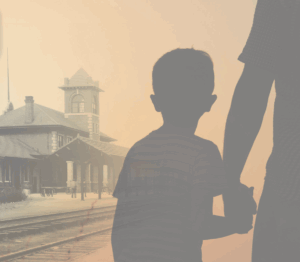
Behind the ribbon
Every October, we color our world pink — ribbons, well-wishes, “fight like a girl” — every way we can possibly think of to let those who are fighting breast cancer know that we support them, we are thinking of them and we want to help raise the money that will find a cure.
We celebrate those who are now survivors, and wipe away tears as we remember those who are gone.
It is what we think we can do to help — to remember those who have fought and who are fighting.
But those smiles at the walks and behind those ribbons, pink balloons and T-shirts do not tell the whole story.
The fight to beat breast cancer can be hard. There are women all over this county who are struggling to make it. They face difficult treatments, mental stress, mounting bills and trying to juggle families, jobs and responsibilities.
Their stories don’t always make the news. They don’t always want to talk.
You aren’t supposed to be worried. You are supposed to smile and fight.
But to some of them, the battle can seem unbearable when October ends and life returns to the grind of treatment and worry — and wondering if this will be the last Christmas.
That is Leslie’s story.
And it is important that we tell it, for anyone out there who feels alone.
The breast cancer community is a family. Its members care about each other, celebrating the victories and hugging each other through the losses.
If we are going to celebrate them and truly be there for them, and anyone who is battling cancer, we have to talk about the hard stuff, too.
And they need to know it is OK to tell us — and that we will do everything in our power to ease their burden as we fight, together as a community, with the hope of putting an end to this disease once and for all.
— — — — — —
If she were still the little girl from Brogden, Leslie Tharrington might run away.
She would tear through the forest and live among the old trees she fell for as a child.
“They had those vines that had almost braided around each other. Then, after a big storm, you’d go out there and some of those big trees had fallen,” Leslie said. “I used to think that’s where the fairies lived. It was magical.”
She would set out for daily swims in the swamp that left her “soaking wet” every single day — moving, with the current, along the beaver dams.
“There’s a lot of memories,” she said. “My childhood is in that swamp.”
She might catfish, as she once did, with an old cane pole — prodding water moccasins “just to watch them lash out.”
Back then, she felt invincible.
But she’s not that Leslie anymore.
The mother of three knows there is no escaping the person she now sees when she looks in the mirror — even if that woman is, in her words, unrecognizable.
She no longer has the long blonde hair that was reflective of her love of life and nature — of those carefree days along the water.
“Now, I have curly, I don’t know what color it is, hair. I’ve got white highlights,” Leslie says. “This is my warrior hairstyle. I had to transition to that.”
The confidence and calmness that used to define her was replaced by fear the moment a doctor told her she had triple-negative breast cancer.
The disease, she says, robbed her of those things.
Cancer took the “real” Leslie.
“It beats me down daily because I have to look in that mirror daily and I don’t know that woman,” she says. “That’s not Leslie.”
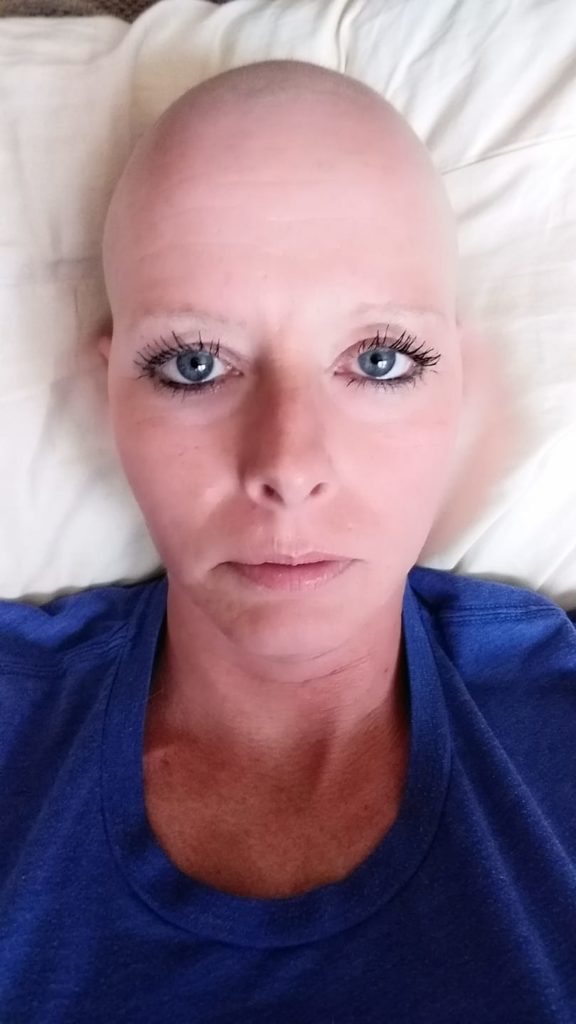
You see them every day — pink ribbons on T-shirts and bumper stickers, slogans like, “Fight like a girl.”
The water in the fountain in downtown Goldsboro is pink. High school sports teams are hosting “pink out” events across the county.
Media coverage is saturated, particularly during Breast Cancer Awareness Month, with images and stories that represent the physical toll the disease inflicts upon those forced to battle it.
And Leslie’s body — her reconstructed breasts, her chemotherapy port and short hair — tell that tale.
But there’s another side to Leslie’s battle — and, presumably, others’ battles — that is often left in the dark.
And it is those emotional and psychological scars that Leslie fears she might not soon recover from.
It’s the burden of medical bills and having to live at her mother’s home outside Princeton to ensure she and her family can survive.
It’s the fear when she looks at her teenage daughter — the knowledge that there’s a chance she, too, will one day have to fight for her life.
It was her post-diagnosis paranoia that her treatment would somehow make her less beautiful and desirable — that her husband will leave to avoid the chaos of a life that would likely never return to normal.
That is Leslie’s new battle.
“When I look in the mirror, I don’t see Leslie. This ain’t my body. None of this. Physically, I cannot identify with myself right now. But mentally and emotionally, we’re working on that. I know it’s Leslie. There’s just a new Leslie. And I’ve got to accept her all the way around.”
It’s easier said than done.
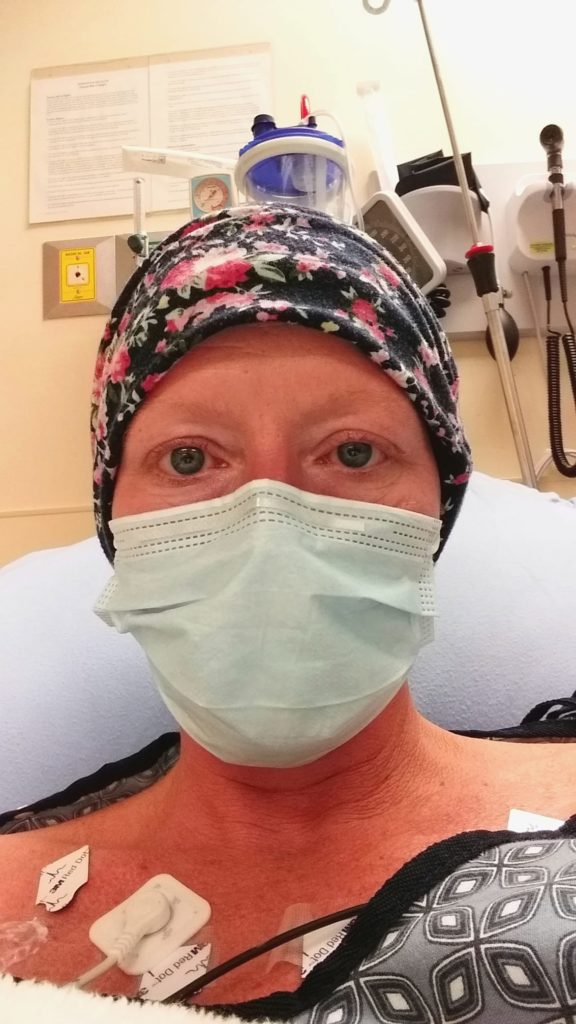
Leslie has been dealing with knots in her breasts — or fibrocystic breast disease — for years.
And because cancer is a part of her family history, she pleaded with doctors to operate.
“I wanted them to remove my breast tissue so I wouldn’t have to fight the cancer battle one day,” she said. “Nobody would do it because I wasn’t insured.”
Her test results always came back benign, but in the back of her mind, she knew something was wrong.
She even did genetic testing to see if she carried the breast cancer genes.
But it wasn’t until she started noticing black discharge coming out of her nipples that doctors took her fears seriously.
And truth be told, despite her paranoia, she assumed her latest scan would come back negative.
“I never thought it would be cancer. All the other tests and biopsies, they always came back benign.”
But then the phone rang.
“I was literally soaking wet. I had been swimming all day and (my family) was getting on me about not wearing sunscreen, so I went inside,” she said.
And when the doctor said cancer, she “lost it.”
“I started throwing phones — cell phones, house phones — and all I could do was hold my daughter and rock her and hold her and apologize,” Leslie said. “I did not, ever in my lifetime, want my kids or my family or my friends to have to go through something like this for me.”
In her mind, she was supposed to be the strong one — just like that invincible little girl who used to swim alongside poisonous snakes in the swamp.
“They didn’t deserve it. My babies didn’t deserve it,” she said, wiping tears from her eyes. “With my chemo brain, I have a bad memory, but I just remember holding (my daughter) and rockin’ and rockin’ and saying, ‘I’m so sorry. Mama loves you so much.’”
But cancer was only the beginning.
Hurricane Florence hit a few days after her diagnosis. Leslie’s family lost everything.
So, they moved in with her mother — hoping that somehow, things would get better.
They didn’t.
Chemotherapy left her in a constant state of pain.
“I would feel like I was dying. My heart would go off. I was nauseous. I would heave. And that’s the worst thing in the world. It hurt so bad,” Leslie said. “I had a lot of breakdowns because I really thought I was just lying on that couch dying.”
And even though, a year later, she has completed her treatment and had her breasts reconstructed, the medical bills have become too much to bear.
“We really don’t have anything but each other,” Leslie said. “We’re in a spot, for sure.”
But what she underestimated was how many people she has touched through the years. Friends have rallied behind their “warrior” and her family, setting up a bank account at State Employees Credit Union, a PayPal and Cash App account, and a GoFundMe to help her get back on her feet.
Several of them wanted to tell the world what makes Leslie so worth fighting for, but couldn’t manage more than a few words without breaking down.
They know that, because she has triple-negative breast cancer, she’ll never have a cancer-free bell to ring.
They understand the psychological battle she is engaged in every day.
And they can’t imagine their lives without her.
So, they won’t stop praying — or fighting — until at least one of the burdens, the financial one, is lifted.
“I still feel kind of lost. I open my eyes in the morning and I’m like, ‘I’m breathing,’ but to be honest, I sit around blank spaced a lot,” Leslie said. “If it wasn’t for the support around me, I don’t think I would have made it through.”
Should enough donations come in and her medical bills disappear, she plans to live a simple life for as long as she has.
She’ll join her husband, a longtime Special Olympics volunteer, to give back to the community that has rallied behind her for these past 12 months.
She’ll put a simple camper on her lot along the Pamlico Sound — somewhere she can see the sunrise reflect off the water, where she can, if only for a few moments at a time, recapture the spirit of that fearless little girl without a care in the world.
And most importantly, she’ll look to find peace with who she became during her battle.
“I’m just in a trapped area right now and I don’t know how to get out of it. But I’ve got to get past that,” she said. “I’ll find my way out. I will. I just have to make friends with myself.”
A fundraiser is being held at Double Barley Brewing Saturday, November 16 from 12 p.m. to 10 p.m. to help Leslie’s family offset the cost of the medical bills associated with her cancer fight.
If you are unable to attend, you can also donate in these ways:
Use Cash App:$LesliesBoobieBuddies
Use PayPal: LesliesBuddies@gmail.com
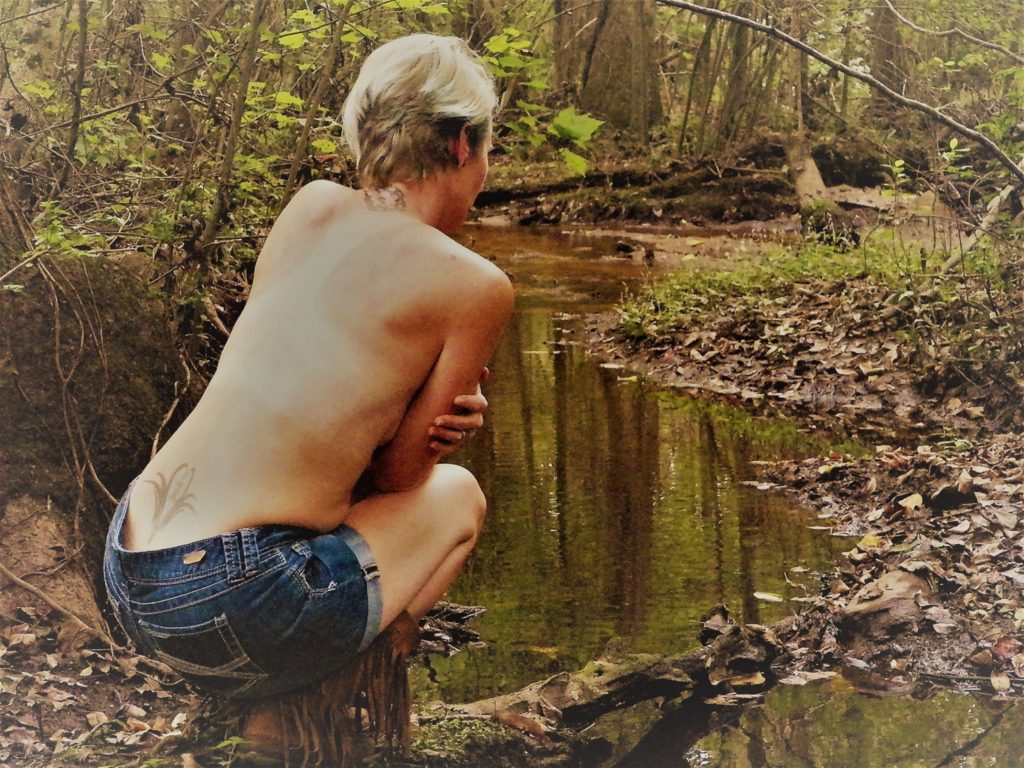
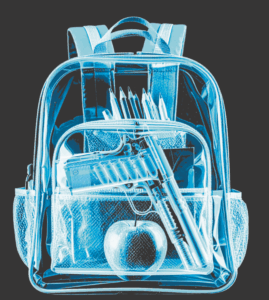
A loaded discussion
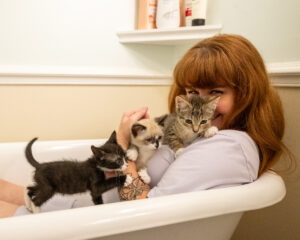
Fighting for their lives
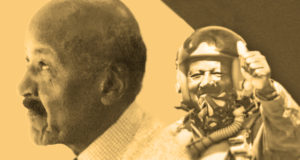
Goldsboro loses a giant
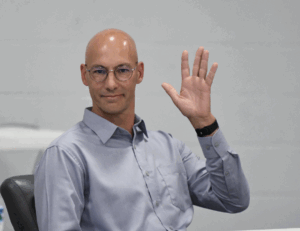
“I’m a flippin’ hurricane!”
Public Notices — Jan. 4, 2025
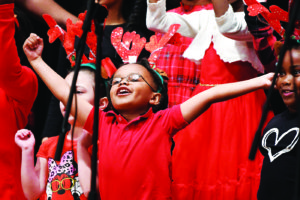
Belting it out
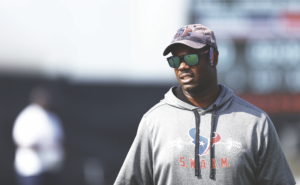
Legendary
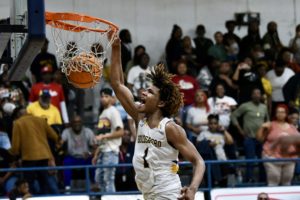
Final Four!


